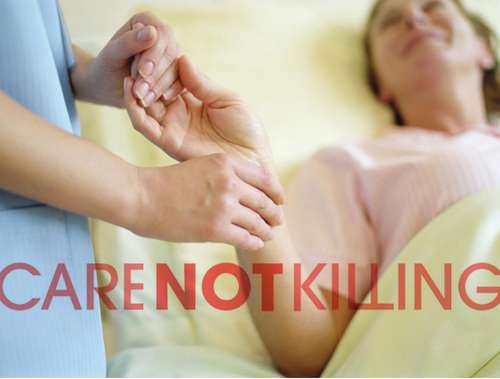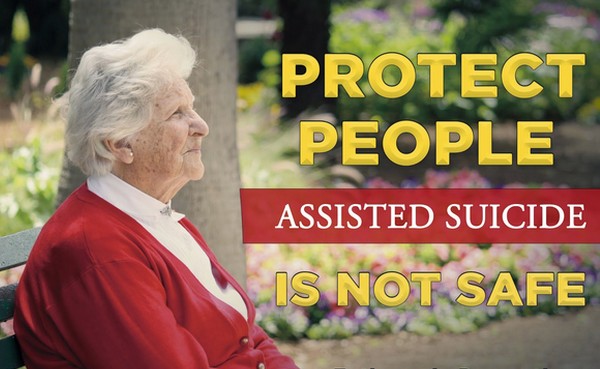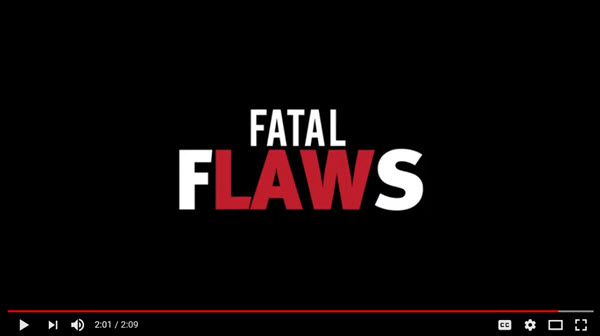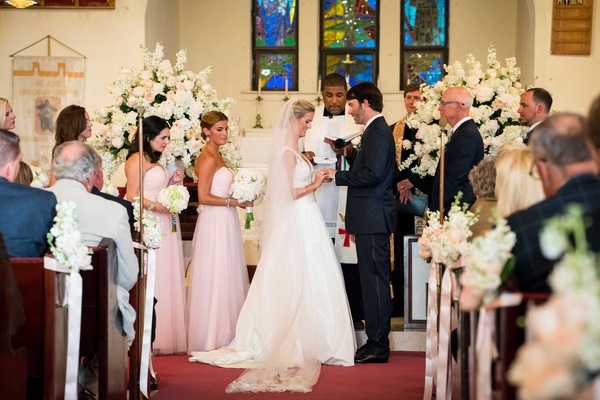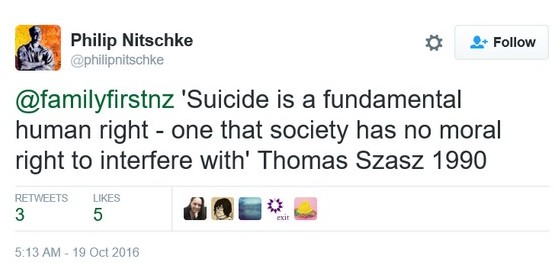
The Australian 22 November 2017
Family First Comment: Victoria makes a deadly decision – and even then, the supporters aren’t happy, because it doesn’t go far enough!
Philip Nitschke has described the Victorian government’s voluntary assisted dying bill as the “world’s most unworkable end-of-life law” as he warned the legislation would not satisfy all those seeking ¬assisted suicide. The country’s leading proponent for assisted dying and head of Exit International congratulated the Victorian government for passing the bill through the upper house, but warned the “conservative” bill was behind world standards… “It’s not going to change the growing demand by elderly people to have access to their own choice.”
…The former president of the Victorian arm of the Australian Medical Association Stephen -Parnis, who has led a public campaign urging the parliament to ¬reject the legislation, said he was concerned vulnerable people would not be inadequately protected. “I suppose not just for me, but the MPs, the doctors, the many community activists who oppose these laws, it’s a profound disappointment. Ultimately we weren’t successful,” he said. “This is going to become law and we hope that our fears for the system will ultimately be proved wrong. But time will tell. “I say to the Premier and Minister for Health: it’s incumbent on you to use all of the authority at your disposal to enhance the palliative care as a matter of urgency. Without that sort of system in place, people dying don’t have the choice you want to offer.’’ Victorian AMA head Lorraine Baker said she recognised the changes marked a “significant shift in medical practice in Victoria” that would cause anguish for members of the profession…
http://www.theaustralian.com.au/national-affairs/state-politics/nitschke-says-victorian-euthanasia-bill-unworkable/news-story/807a16f8cfbeacc3869afe8a1dd0b5ff



